From parents who are going through the same thing.
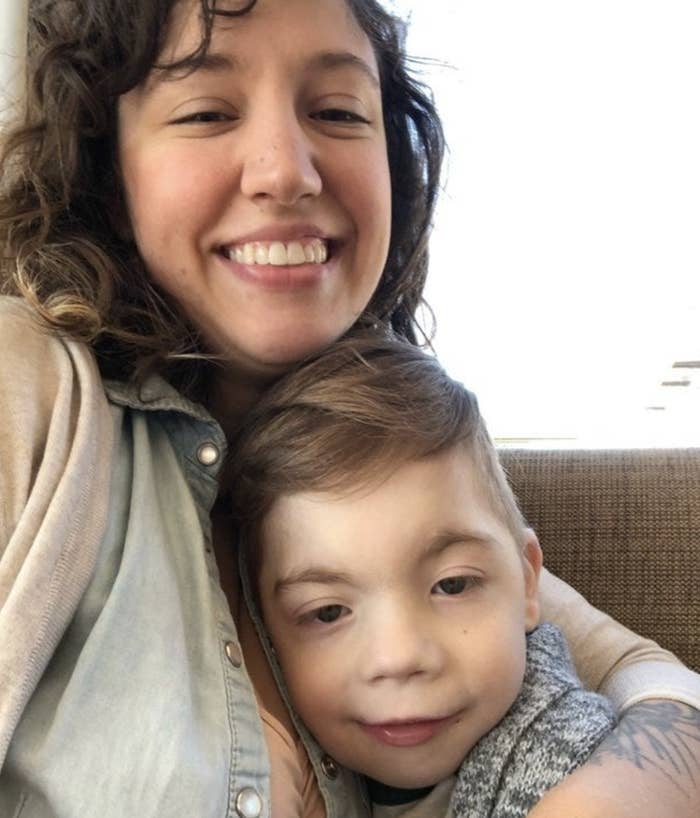
Online learning from home is tough on all students, but especially those with special needs.
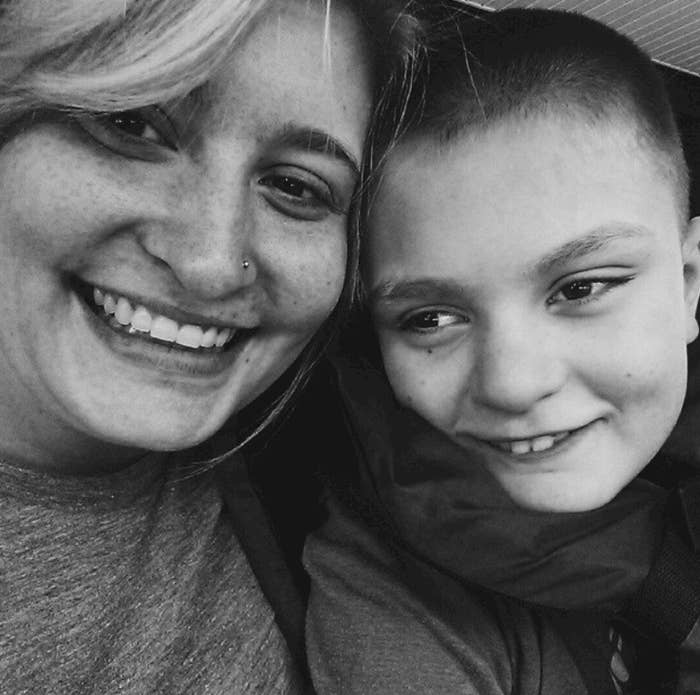
1. Before school starts, reach out to their special education teachers and ask for ongoing collaboration — including suggestions, interventions, and increased breaks and check-ins.
“Teachers are professionals in the field and you are a professional for your child. Together you can accomplish so much and ensure success! Start that communication with them now. If your child has an IEP, request for these things to be added to them so it is done daily — as it is a law-abiding document. Advocate AND collaborate, pandemic or not.” —crosbydog87
2. Designate a special at-home area as a “school zone” — or at least a place for Zoom time.
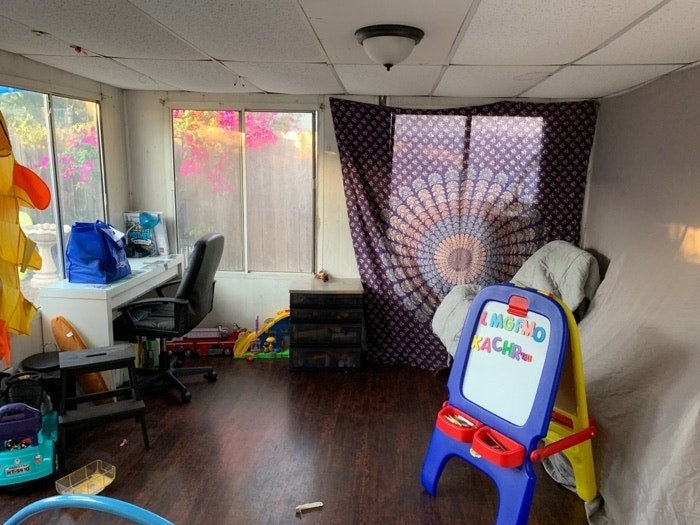
@butyoumusnttouch / Via buzzfeed.com
“My son is considered autistic through his school district and we are currently distance learning. Thankfully, our teacher takes lots of breaks. I also built a special area for Zoom time to better focus. I feel like it helps him to recognize that when we are in our classroom area, he needs to have classroom behavior and focus on the camera and the teacher.” —butyoumusnttouch
3. Or, if you don’t have space for a separate zone, make a special school placemat for the kitchen table.
“Big or small, it can be really helpful to use environmental cues to establish the difference between school time and regular time at home. This can also include getting kids dressed and up at a consistent time. I’m a special education teacher and I can tell you that my students are most successful in school when they have a routine.” —ssurblis
4. For kids who need movement to focus, consider getting a sensory chair.
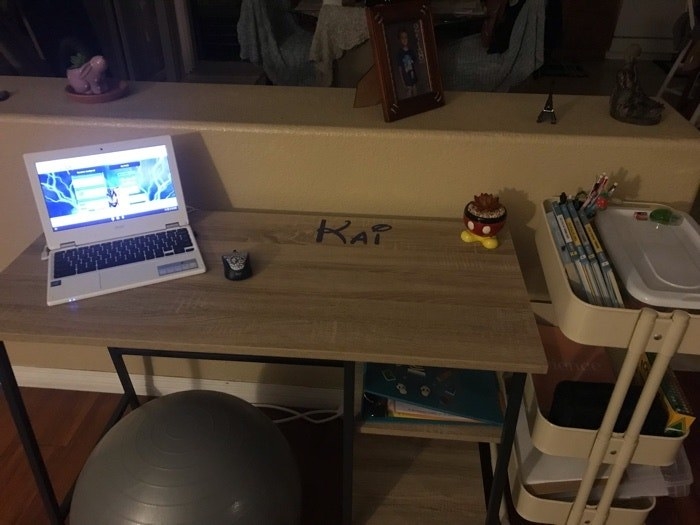
“My son has autism and it certainly was an adjustment but I think he likes that we get to spend more time together. To make it feel official I got him his own desk, with a sensory chair and all his supplies. We even put his name on the desk like at school. He’s able to understand why he’s at home but he has said he misses his classmates.” —corgifrenzy
5. Fidget toys, headphones, and non-distracting snacks can also be helpful.
“My kid has PTSD so we are struggling through some hypervigilance stuff. Headphones have been her best friend also having fidget toys and little snacks in arms reach. I pack her a little bento box with fruit and veggies. Things she can eat with out being distracting to her classmates.” —danalwilkerson
6. Get familiar with one new person — or one new thing — at a time.
Columbia Pictures
“Take it slow! Get used to your teacher and interacting with that one person before introducing online sessions with therapists. Ask the school what resources they will allow you to check out or borrow to use at home, because chances are they have things you can use. Above all, be patient with yourself and your child.” —Fennip
7. Lean on routines.
“Routine is key for us — it’s been the most important and nurturing way to help our kiddo navigate through this. We will take breaks often to help our son reset and get back to feeling like he can deal with what comes next. And patience! It’s not only a virtue but a must in times like these. Explain and repeat yourself as often as necessary.” —Bethann Jauron
8. Ask the school for a copy of the daily schedule they typically use — then mirror that at home.
“I’m a preschool teacher at a school for children with special needs. When we closed down, some parents called the school to ask for copies of the visual schedules we used in their classrooms so they could try to mimic what they did in class on a regular day. This was a way to try and give kids a sense of normalcy.” —Katie B.
9. Recognize that there are days when things just aren’t going to happen as planned — and that’s completely ok.
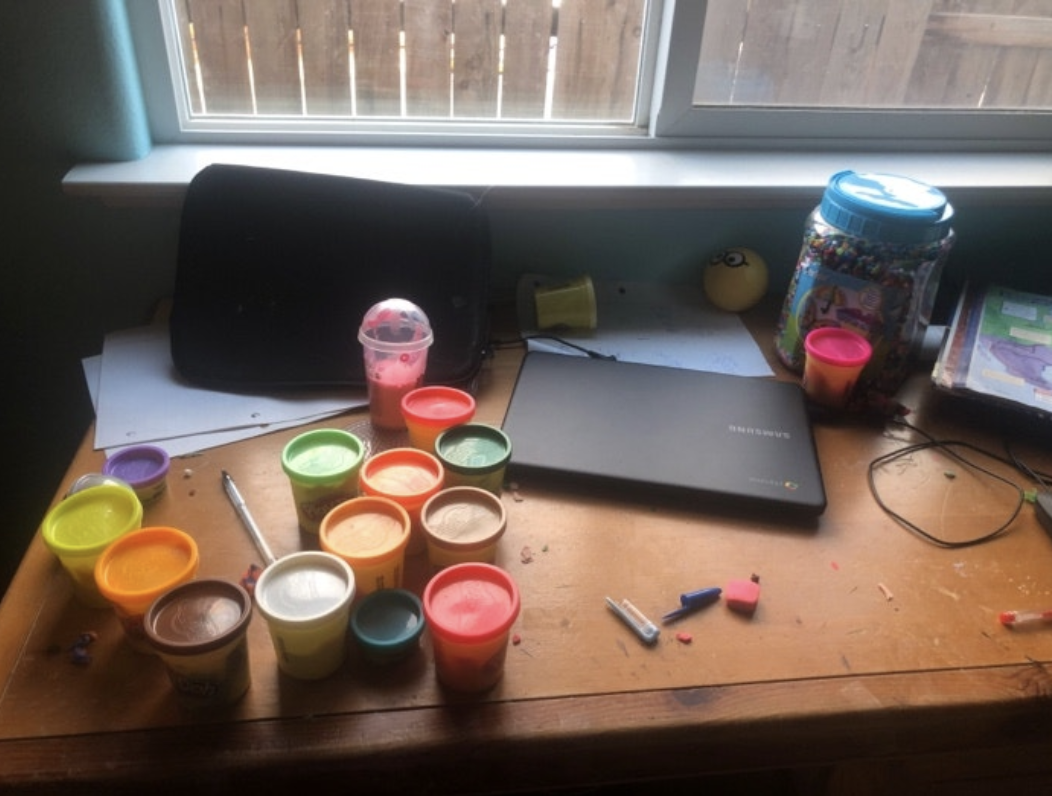
@youcanhavethekidsbutigetthedog / Via buzzfeed.com
“When the school sends home a 20-minute video, I know she’s not going to sit there and watch it. I watch it and try to pass along the important principles, but if I can’t, I don’t stress out about it. If you can’t be flexible as a special needs parent, you’re going to be hugely stressed out. In some ways, we’re probably better equipped to handle quarantine because of that.” —Laura D.
10. As a parent, don’t be afraid to ask for help — whether it’s from teachers, administration, case managers, or even a Facebook group.
“This is new territory for all of us. Be patient, and listen to your child and their concerns. Behavior is communication. Don’t be afraid to think outside the box. And let your student’s teachers know if you need help!” —sadderbutwisegirl
11. Take advantage of Pinterest.
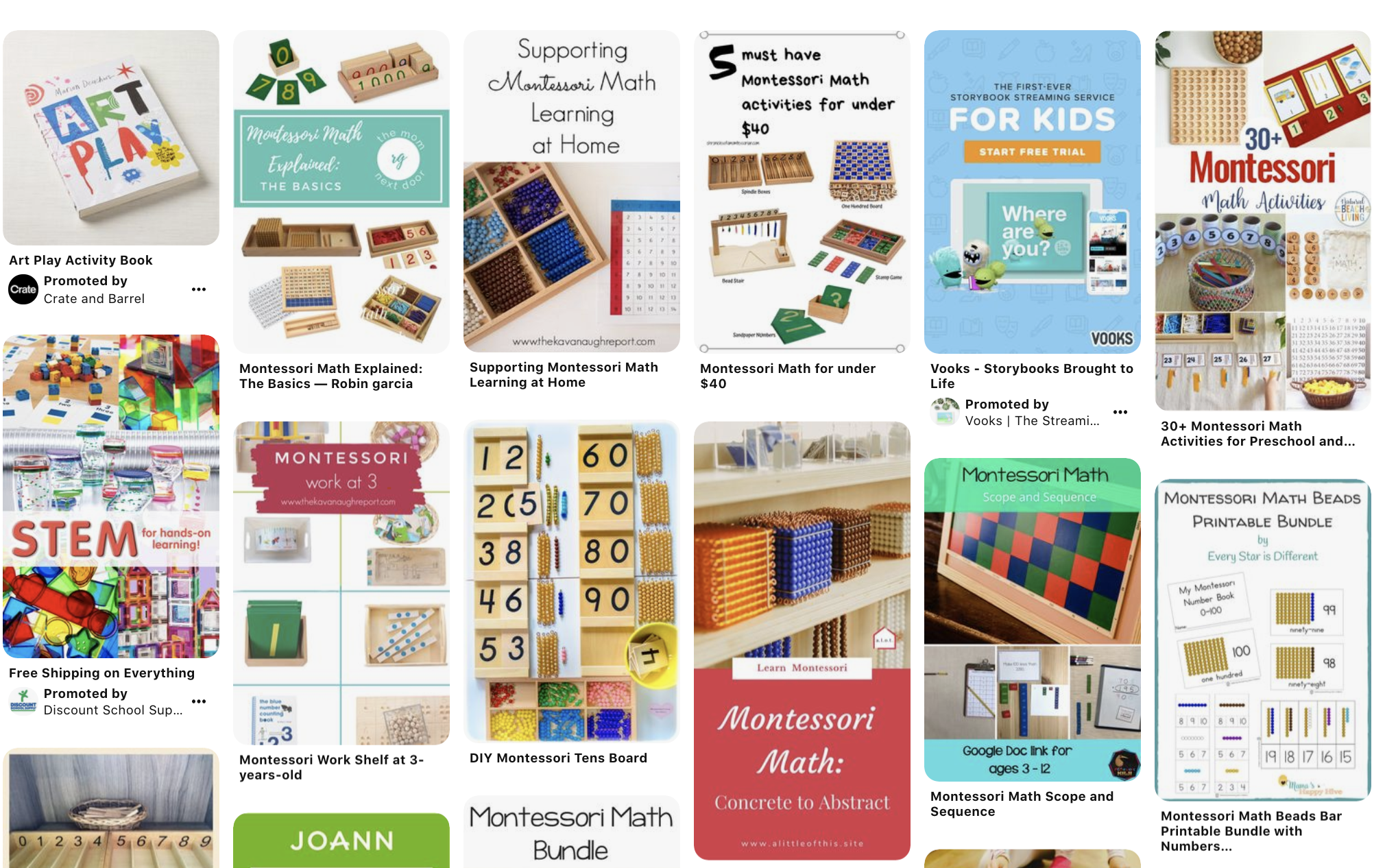
“My daughter has SPD, vision tracking issues, anxiety, ODD, and dyslexia. Pinterest is very helpful! I have downloaded and made several Montessori math materials so she gets a lot of movement and hands on work. It’s helpful with her form of dyslexia and memorizing and transposing numbers and letters.
We also break our day into lots of small chunks of work time with breaks for walks and other gross motor movements. Sometimes I read to her or have her answer questions while she jumps on a (very small) indoor trampoline.” —Ehch
12. If you are having difficulty getting your child to do a task, use if/then statements.
“If you complete the coloring worksheet, then you get iPad time.'” —graceatkins93
13. Take what you know your child enjoys and use it to their advantage.
“My 5-year-old daughter is on the autism spectrum and is nonverbal. One of the most successful things we do is to teach through play. By using toys and activities she loves, we’ve seen huge leaps in her vocabulary and language comprehension. Since quarantine began, her list of words has tripled. We’ve used songs to do that because she loves music, stickers, and sensory games. The book Autism: The Potential Within is a great resource to help structure that.” —Laura D.
14. Be open to different ways of doing things — including screen learning.
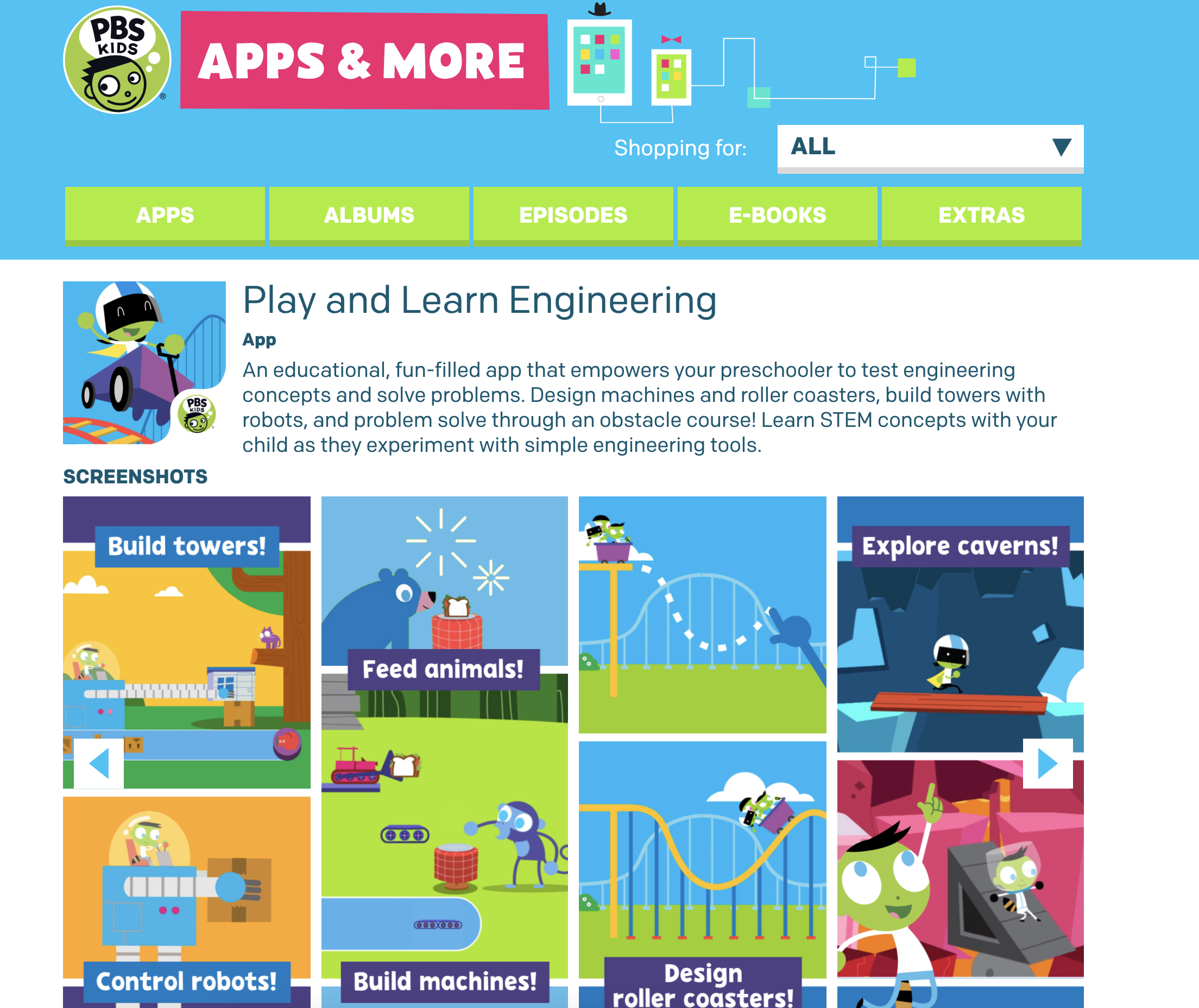
“I have a 3-year-old son on the spectrum. The online meetings with his support team have been a great help to get strategies to help him learn. We’ve also found he responds well to digital learning, so we’ve purchased Leapfrog DVDs, watched educational cartoons on YouTube Kids and PBS Kids, read at least three books each day, and have incorporated a lot of physical activity into learning. He may only participate for a few minutes at a time, but I’ve seen a vast improvement in his speech.” —nikki789
15. Use Alexa to set alarms for all of your Zoom appointments and set up a schedule for each subject for the entire week.
“I put all the work that needs to be done under each subject and divide it up so a little gets done each day. If he has a lot scheduled that day, I go lighter on the work. Make sure you add movement breaks, too. Don’t try to get it all done in a few hours. Spread it out like it would be in a regular school day.” —Tricia A.
16. Pick your battles, and don’t fight over something that won’t matter much in the grand scheme of things.
OWN
“To many of us, routine is useful. To our kids with special needs, it can be everything — and now it’s been thrown off its axis! Let them have whatever little comforts make life bearable. I’d rather be happy and indulgent than strict and stressed out.” —lachlainlykae
17. Remember to give yourself grace.
“Home health nurse here. My patient can half-hear and is blind. Changing rooms and environments has been helpful — for example, my patient has a swing chair that he enjoys for movement during morning announcements. Most of all, remember to go easy on yourself (and your student or kid) as it is challenging and frustrating for both. You are doing great and being the best parent you can be!” —purplegem2015
Note: Submissions have been edited for length and/or clarity.
Source: Buzzfeed

